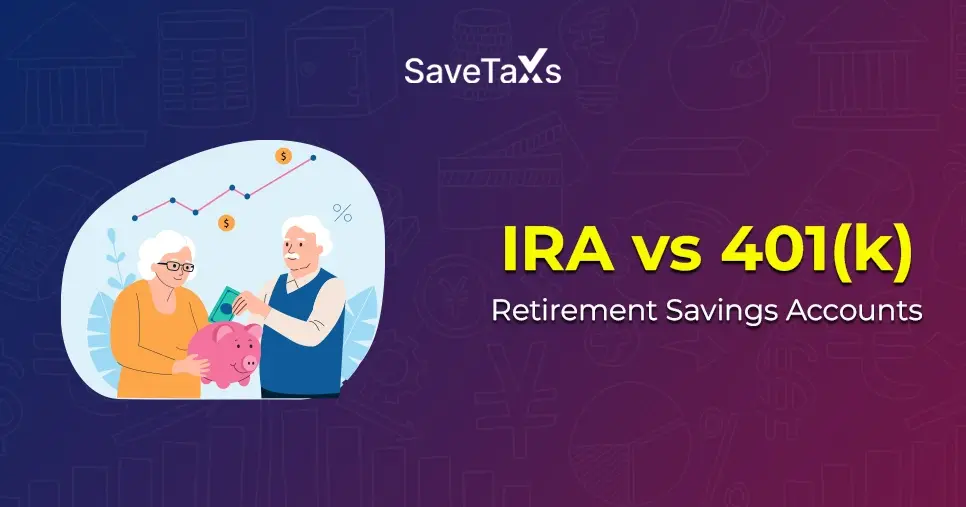
Want to read more?Explore Blogs
No matter what your source of income is, we've got you covered. There’s a plan for everybody!
Yes, Indian citizens must use Form 49A, and foreign citizens must use Form 49AA to apply for a PAN card online.
Protean (NSDL) or the UTIITSL are the two authorized websites through which an NRI can apply for an NRI PAN card in Canada.
The documents you need are your passport, proof of Canadian address, a passport-sized photo, and others.
Self-attestation is sufficient; however, a notary or an Indian consulate is recommended for address proofs before couriering.
The fees is around CAD 20-23, which includes the application and postage for your physical PAN card to your Canadian address.
The PAN card processing takes around15-0 days and additionally 2-3 weeks delivery to Canada.
The Changes/New PAN is on the same portal from which you have applied for the PAN card.
You must ensure that the details are entered correctly in the right fields without any spelling errors, the address proofs that you have submitted must not be more than three months old, the NRI AO code should be correct, and the picture must be clear.